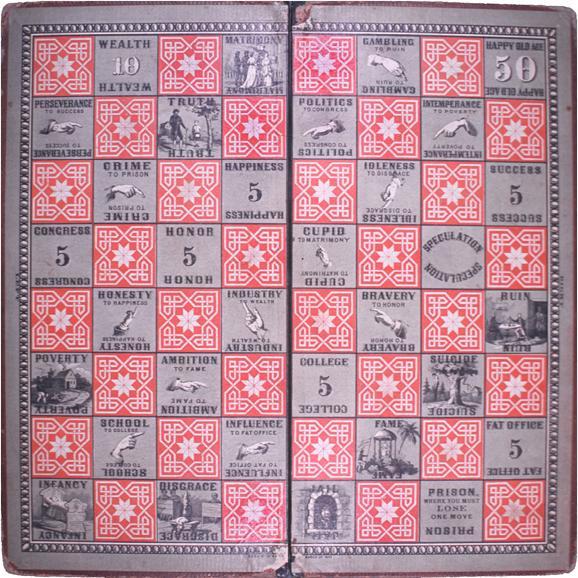
The kids chose The Game of Life.
It had been a while since I played the game, and I had forgten how complicated and conviluded the rules are. I had also forgoten how silly the game is. No matter what you do in this game you will get a job, get married, buy a house, and end your "life" with tons of money and life experiences.
I do not know what part of this game I like least, and it is hard for me to determine what part of this game is the least realistic. Is it the fixed path that everyone walks down, and the set path that all the players invariably follow? The idea that once you leave college you immediately get a career? (I bet a lot of people graduating this year wish that were true.) The idea that everyone, no matter what they spin, get married at the same time in their life? Or is it that there is not a single great tragedy that can befall a player in the totality of the game?!
Irritated by the game, I decided to go online and try to figure out what idiot thought this game was a good idea. I was surprised by what I found. The game was originally created in 1860 by Milton Bradly as The Checkered Game of Life. It was played with a six sided top (dice were considered evil), and depending on your spin you would move up or down, left or right, or diagonally. This game bears no resemblance to "The Game of Life", but has a great resemblance to life.
It is non-linear, there is no clear path, and failure is around every corner. Not only is failure possible, it is likely. Furthermore, there is a "Suicide" square! As its name suggests, if you land on this square you die, and the game is over for you. This is the kind of game I can get behind!

I think we need to modernize this version of The Game of Life, and market it to children. It would be far better to prepare them for the disappointments that are in store for them, than to give them an unrealistic expectation of what life is and have them be disappointed.